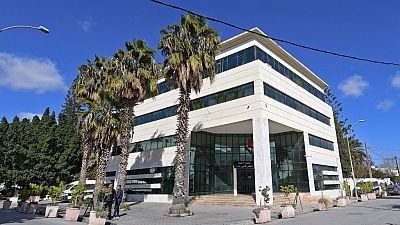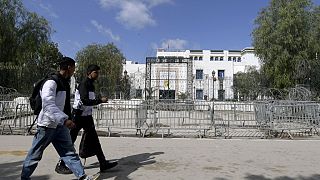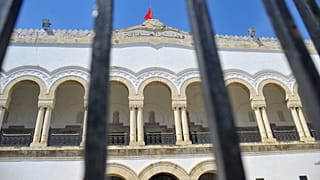Tunisia
Ambassadors of G7 European Union (EU) member countries in Tunisia are worried about President Kais Saied's decision to dissolve the Supreme Council of the Judiciary (SCM).
In a joint statement on Tuesday, both parties said they were "deeply concerned" by the president's decree which intends to tamper with the functioning of the judicial system and respect for its independence.
**"A transparent, independent and efficient judiciary - as well as respect for the principle of separation of powers - is essential for the proper functioning of democracy at the service of the people, based on respect for the rule of law and fundamental rights and freedoms. "**They added.
President Saied, who assumed full power in July, announced on Saturday night the dissolution of the CSM, a body he accuses of bias.
The Tunisian police closed its headquarters in Tunis on Monday, a measure deemed "illegal" by its president.
Mr Saied assured the same day that he had no intention to interfere in the functioning of justice.
The CSM, an independent body created in 2016 to appoint judges, is composed of 45 magistrates, two-thirds of who are elected by parliament and who themselves appoint the remaining third.
The United States and the EU expressed "concern" on Monday after President Saied's decision, denounced by his critics as an authoritarian drift and fueling fears of a return to authoritarian rule in the country that sparked the Arab Spring by toppling the dictatorship of Zine El Abidine Ben Ali in 2011.












01:33
Iran declares European Union armies as 'terrorist groups' in retaliatory move
Go to video
Morocco's Foreign Minister Nasser Bourita in Brussels for 15th EU Association Council meeting
00:53
Shipping data shows Indian diesel exports to West Africa at record high
00:52
Putin signals willingness to repair ties with Europe
01:48
Egypt and EU agree on urgent need for second phase of Gaza ceasefire
01:00
French farmers protest EU Mercosur deal with tractors in Paris